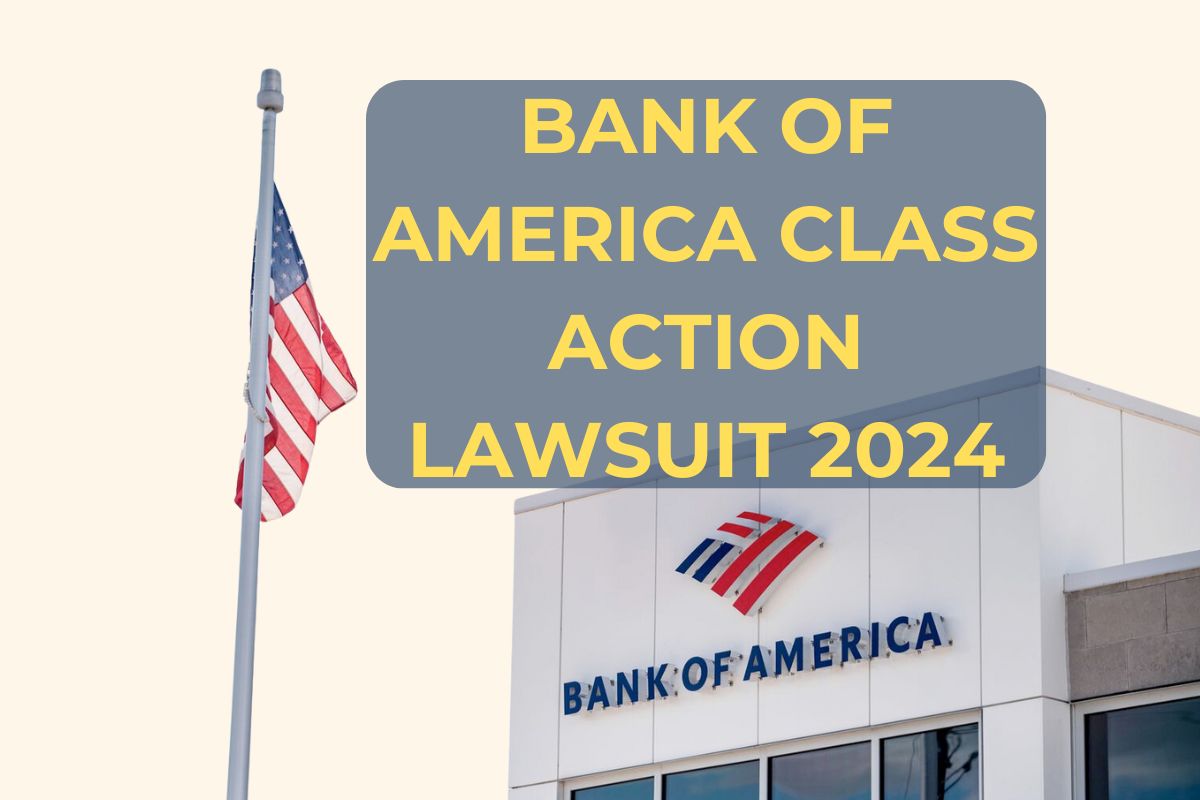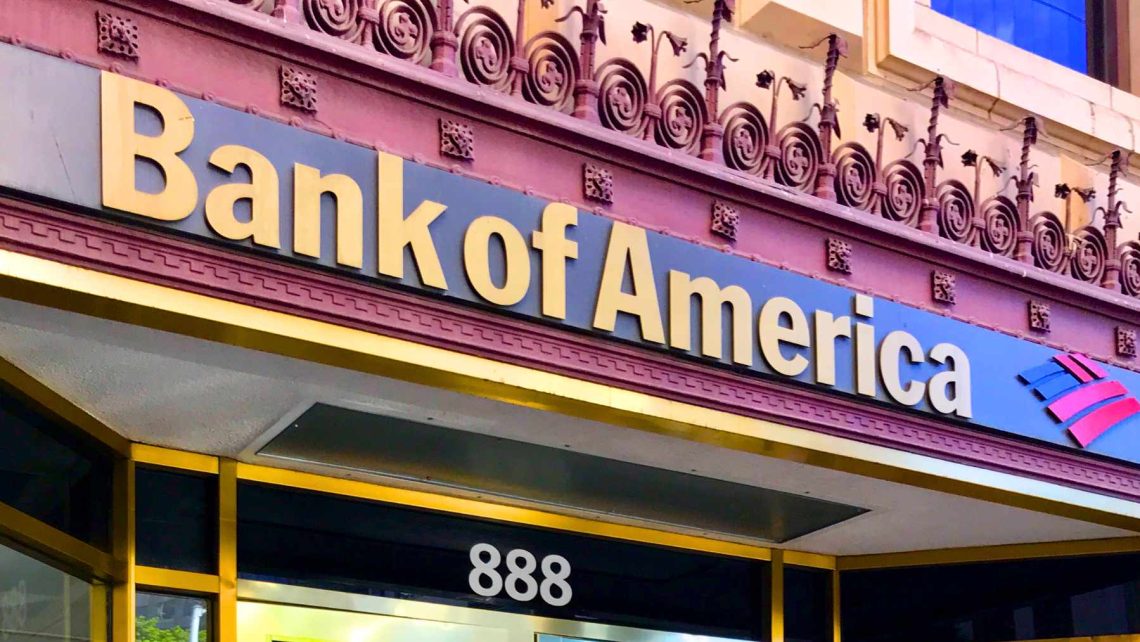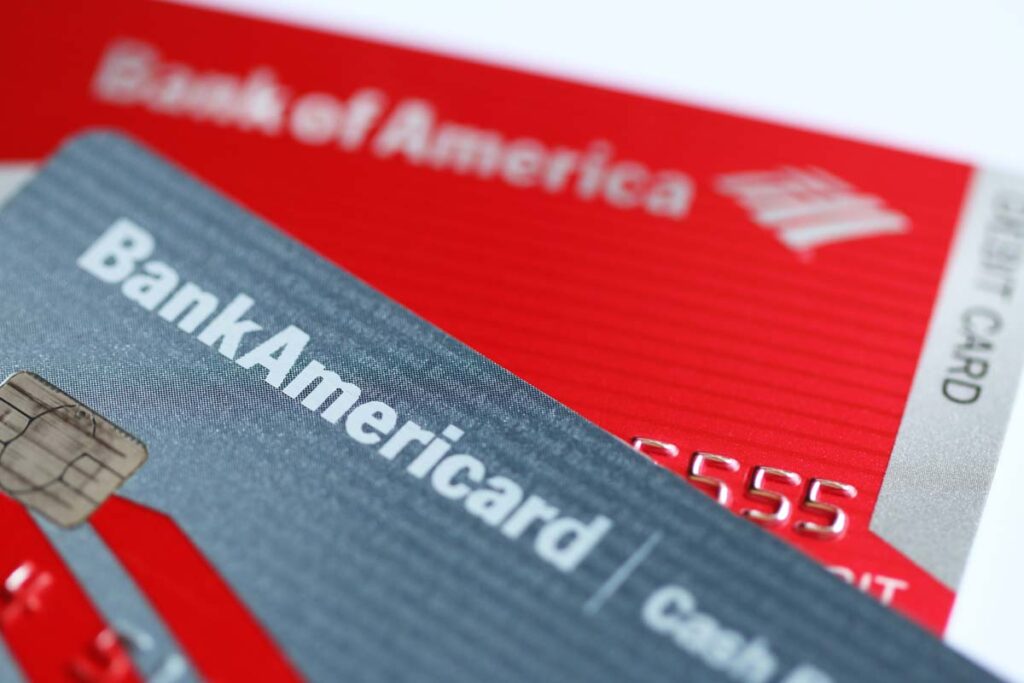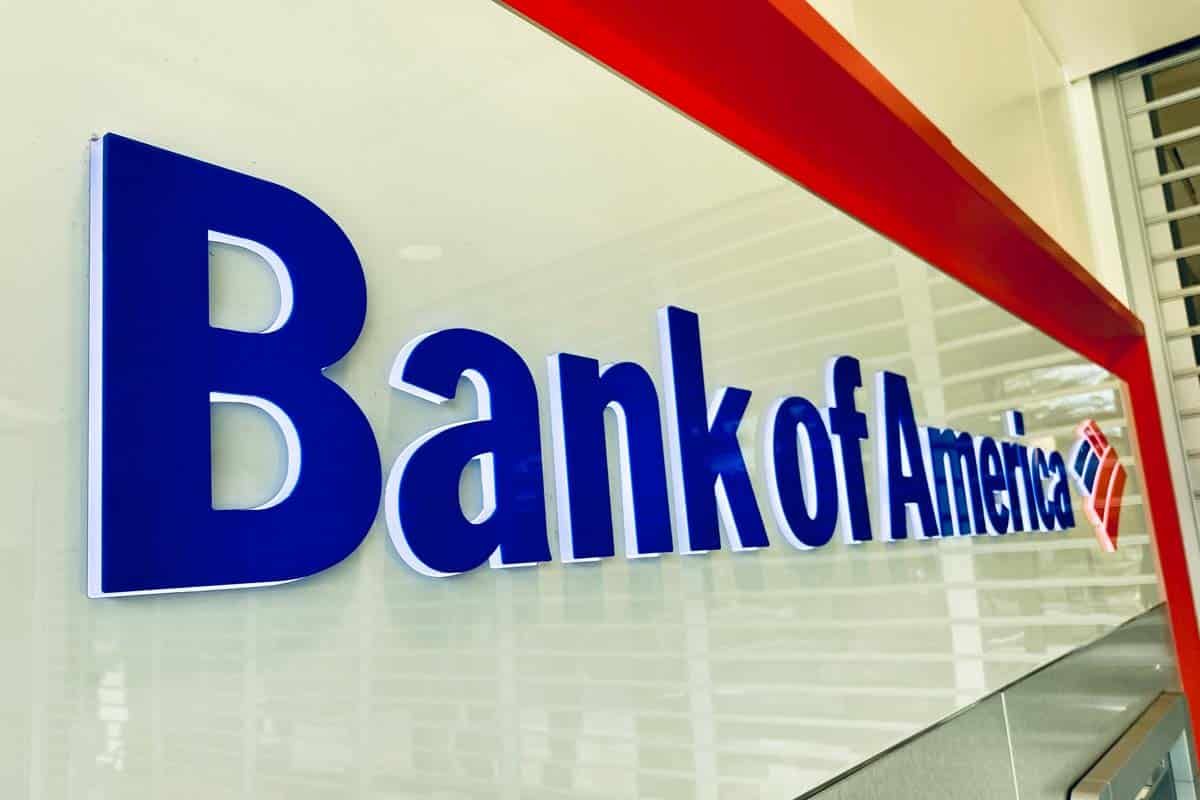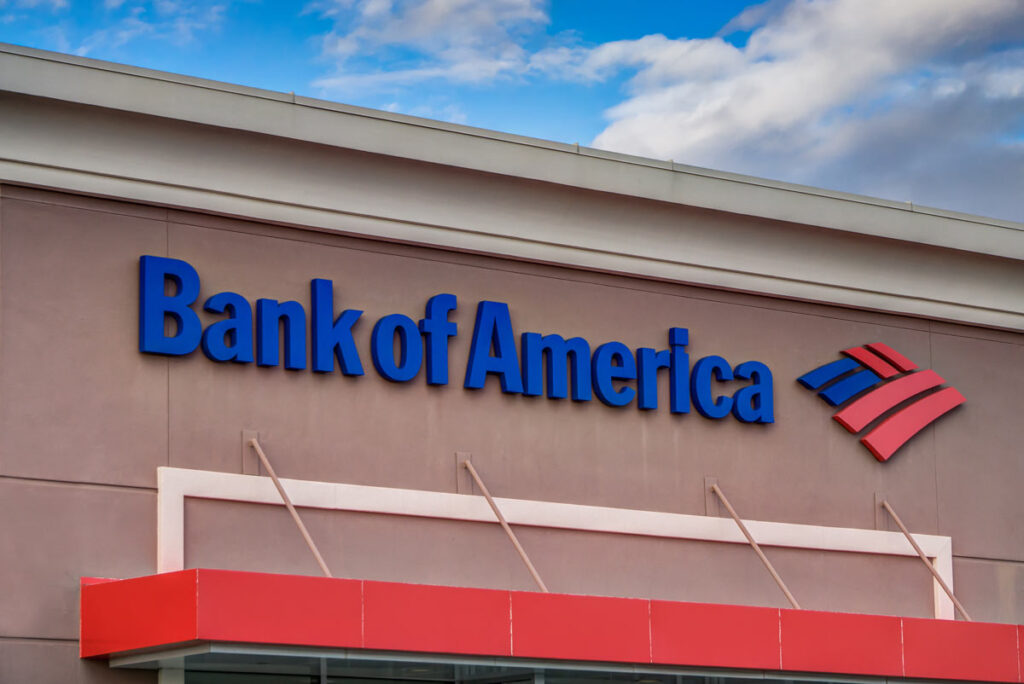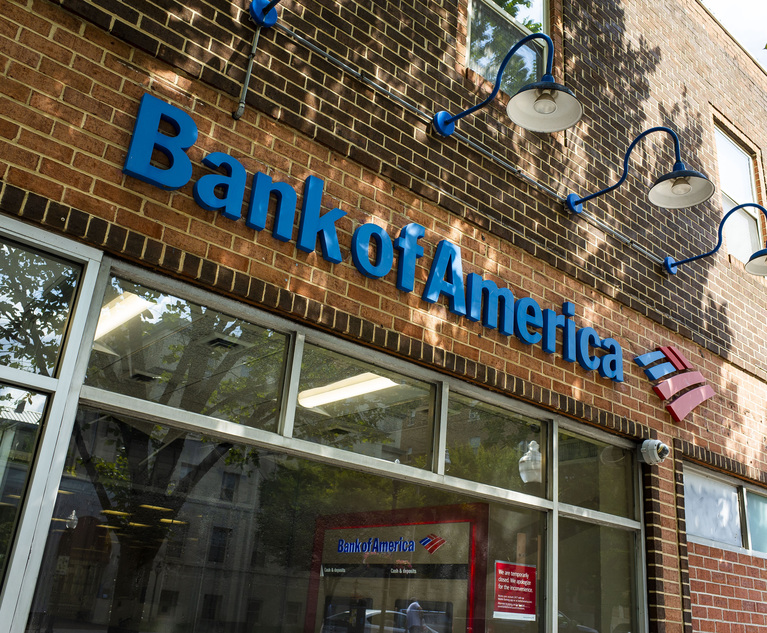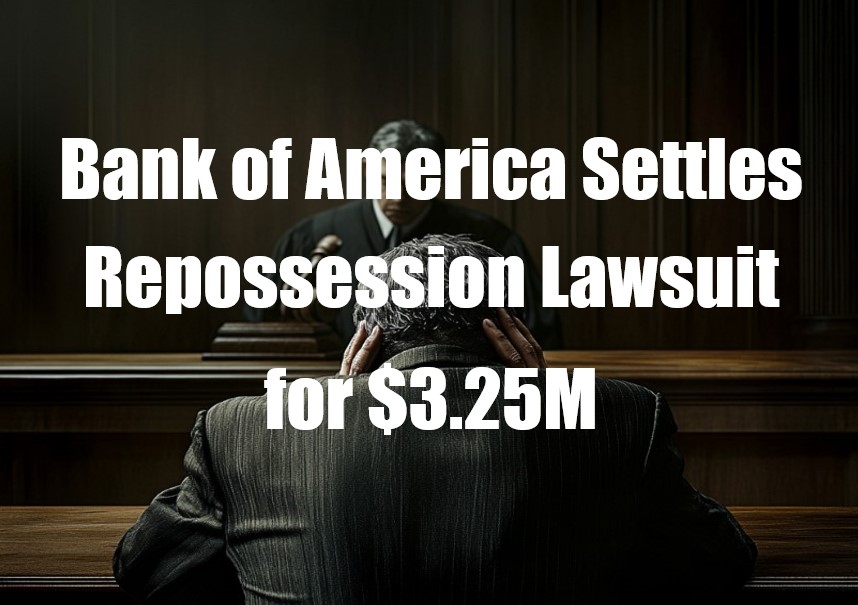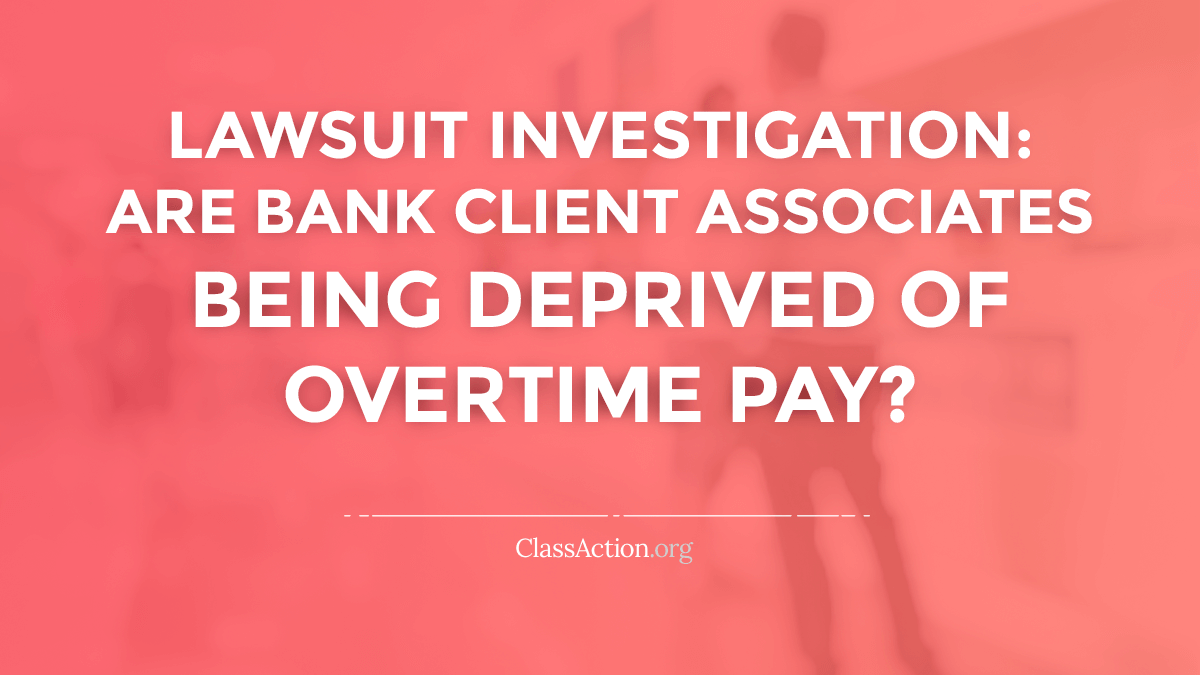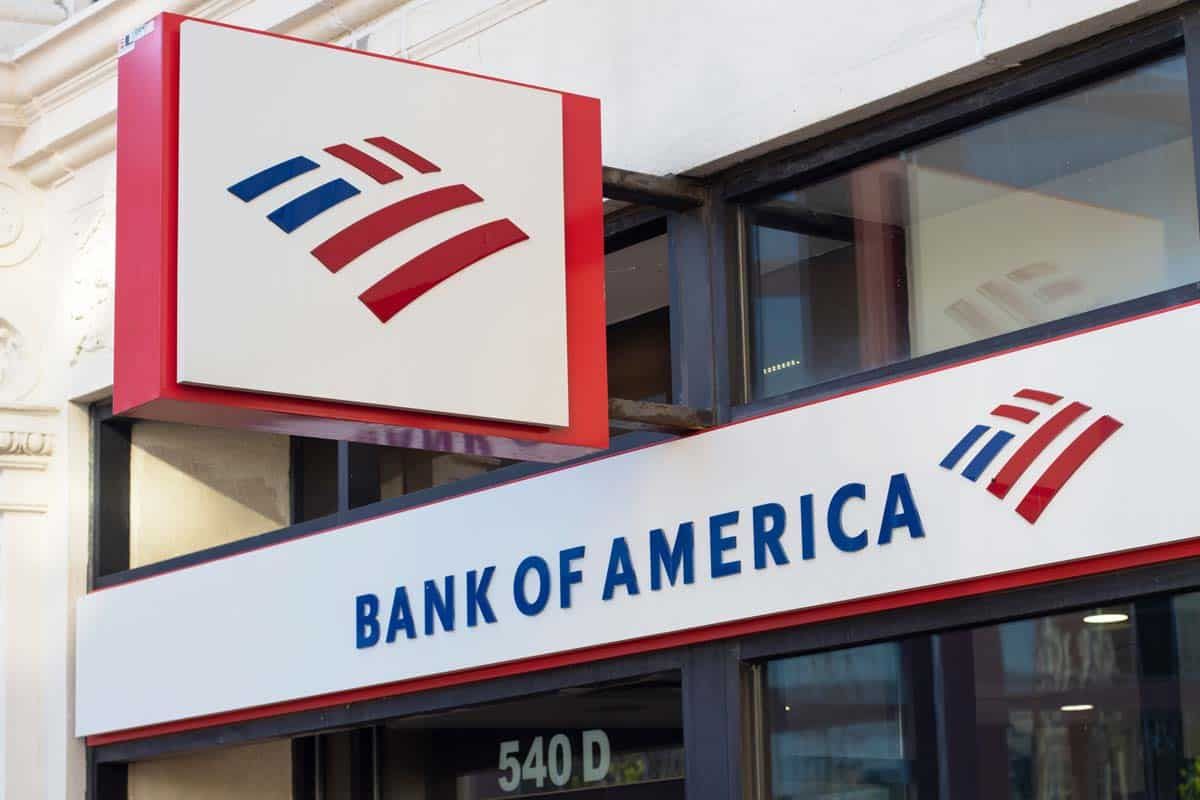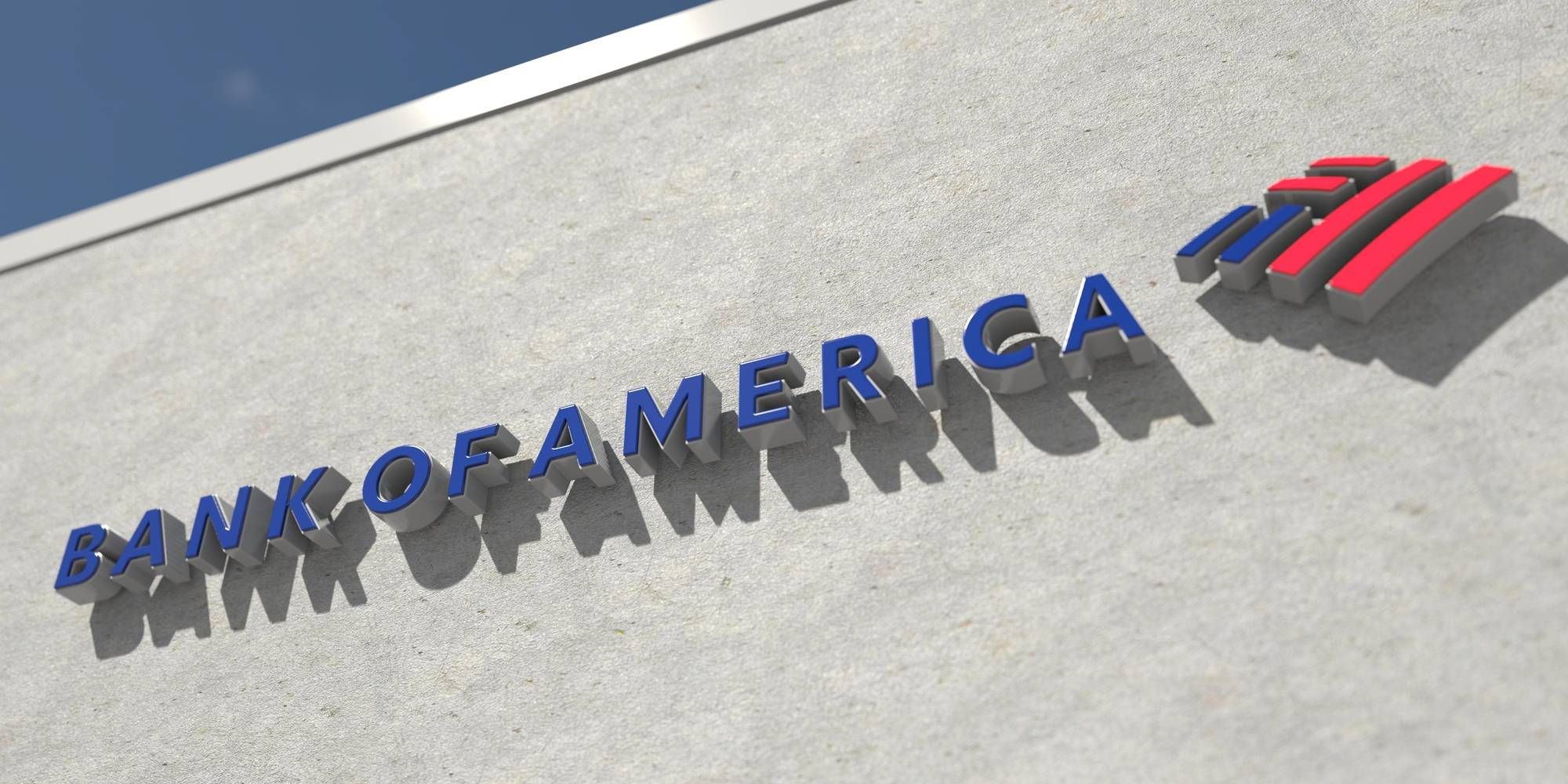Bank Of America Class Action Settlement Payout

Millions of Bank of America customers are poised to receive payouts from a class-action settlement resolving allegations of unfair overdraft fees. The settlement, totaling $75 million, addresses claims that the bank improperly charged overdraft fees on transactions that should not have triggered them.
The settlement aims to compensate customers who were allegedly harmed by Bank of America's practices. Many individuals have been waiting for this resolution and are keen to understand their eligibility and the timeline for receiving their share.
Understanding the Bank of America Overdraft Fee Settlement
This $75 million settlement, preliminarily approved by the court, resolves claims that Bank of America assessed overdraft fees on transactions that were declined or were re-presented multiple times after an initial decline when there were sufficient funds at the time of the original presentation. The case, originally filed several years ago, alleged that these practices violated the bank's contractual agreements with its customers and constituted unfair business practices.
Specifically, the lawsuit targeted the bank's practice of charging overdraft fees on transactions that were initially authorized and then later declined due to intervening transactions depleting the available balance. It also scrutinized the practice of charging multiple overdraft fees on the same transaction when it was re-presented for payment.
This kind of situation happened when a merchant, for example, resubmitted a payment, even when the customer had previously been denied due to insufficient funds. The plaintiffs in the case argued that these fees were unwarranted and unjustly enriched the bank.
Who is Eligible for a Payout?
The class includes Bank of America customers in the United States who were charged overdraft fees on declined transactions or multiple fees on re-presented transactions between specific dates, usually spanning several years before the settlement agreement. The precise dates vary depending on the specific allegations and court rulings related to the settlement.
Individuals who believe they may be eligible should consult the official settlement website or contact the settlement administrator to confirm their inclusion in the class. Generally, class members will receive a notification by mail or email if they are identified as eligible based on the bank's records.
You'll want to look for communications from the settlement administrator, which will usually include instructions on how to file a claim, if necessary, or to update your contact information.
How Much Can Class Members Expect to Receive?
The amount each class member receives will depend on several factors. These factors can include the total number of valid claims filed and the number of overdraft fees each individual was charged during the relevant period.
It's very unlikely that each person will get an equal split. The settlement agreement usually dictates a specific formula for allocating the settlement fund based on the extent of each class member's alleged harm. It is quite usual for individual payouts to range from a few dollars to hundreds of dollars.
The actual payout amounts will not be known until after the claim filing deadline has passed and all claims have been processed and validated by the settlement administrator.
The Legal Process and Bank of America's Response
The settlement represents a compromise reached after extensive negotiations between the plaintiffs' attorneys and Bank of America. While the bank has agreed to the settlement, it does not admit any wrongdoing.
Bank of America has stated that it settled the case to avoid the further expense, inconvenience, and distraction of litigation. The bank has emphasized its commitment to providing clear and transparent information about its fees and services.
The court must grant final approval to the settlement before payouts can be distributed to class members. A final approval hearing is typically scheduled after the initial preliminary approval, at which time the court will consider any objections raised by class members.
Potential Impact on Bank of America's Practices
While the settlement does not mandate specific changes to Bank of America's overdraft fee policies, it could encourage the bank to review and potentially modify its practices. Banks are under increasing scrutiny from regulators and consumer advocacy groups regarding overdraft fees, particularly those that disproportionately impact low-income customers.
In recent years, many banks, including Bank of America, have taken steps to reduce or eliminate certain overdraft fees, such as fees for small-dollar transactions or fees charged on declined transactions. This settlement can be expected to cause Bank of America to focus on enhancing the user experience with regards to clarity around fees and transparency of all banking transactions.
It could also serve as a precedent for future litigation against other banks with similar overdraft fee practices.
Looking Ahead: What Class Members Need to Do
Eligible class members should carefully review the settlement notice they receive and follow the instructions provided. This typically involves submitting a claim form by a specified deadline to receive a payment.
It is very important to keep an eye out for the notification, and it would be worthwhile to check online for updates, if any. If you do not receive a notification but believe you are eligible, it is advisable to contact the settlement administrator directly to inquire about your eligibility and how to file a claim.
Class members who disagree with the settlement terms have the right to object or opt-out of the settlement. However, objecting or opting out may mean they are not eligible to receive a payment from the settlement fund. This decision should not be taken lightly, and should be considered alongside legal advice if unsure.
